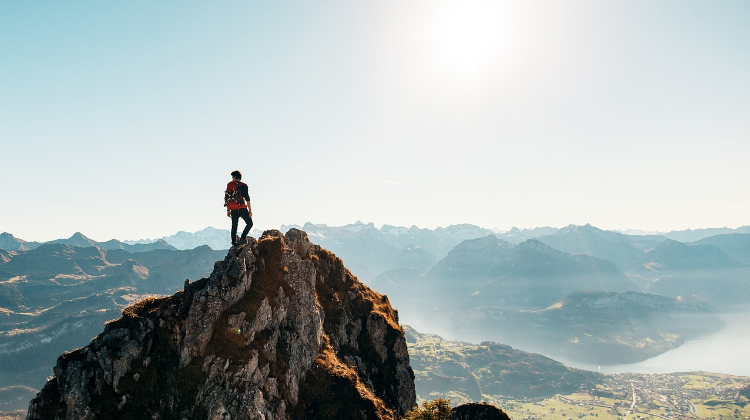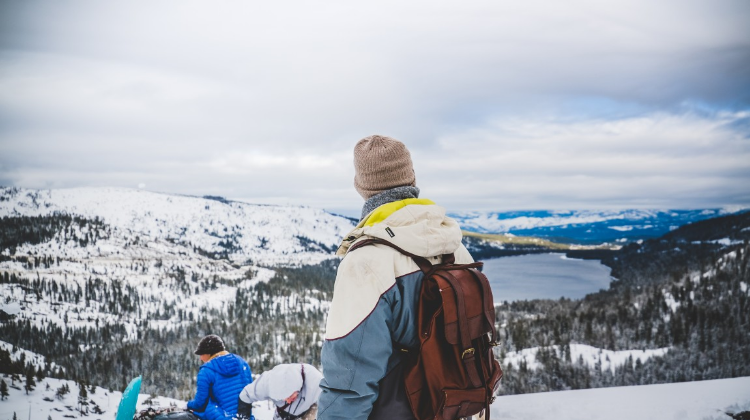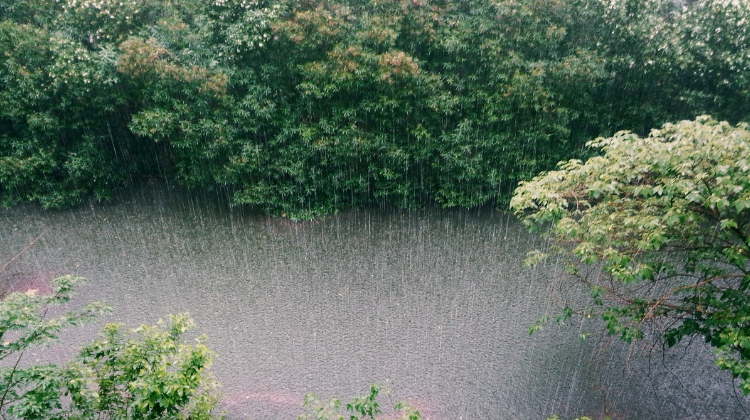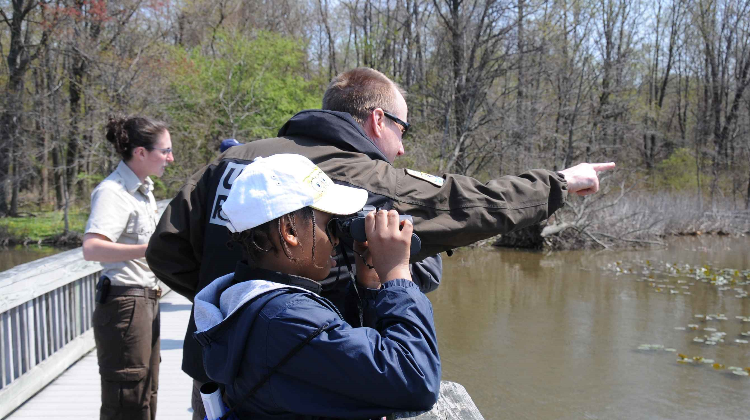Hiking & Climbing
10 Tips for Beginner Day Hikers
Hiking is indeed a challenging and fun activity.

The best thing about is that it is available for all skill and age levels. It’s not just an opportunity to enjoy the nature but it also enhances your health. However, hiking also requires some planning and preparation, especially if you are a beginner. Here are 10 tips for beginner day hikers that you should follow to enjoy your hiking experience to the maximum:
Hike Regularly

Hiking requires both practice and strength if you are aiming to go for challenging hikes in the future. It is best to go on hikes regularly, at least once every week, at a local part. This will help you in developing a proper footwork; plan your hikes more efficiently and also gives you an opportunity to test out your hiking gear. Starting off easy on trails near your home will help you in developing the strength and stamina for challenging hikes.
Join a Hiking Group

The best way of improving your hikes is to join a hiking group. It’s safer to go hiking in a group. Furthermore, you can learn a lot from other hikers about the best trials, the right gears and so much more.
Invest in the Right Hiking Gear

Having the right gear for hiking is crucial. Focus on comfort rather than what looks good. You need to invest in hiking boots that have cushiony support, a strong grip and are weather resistant. Make sure you test them first before going on a hike to see if they are right for you. Consider wearing thick socks, comfortable shirt, pants, and a jacket when you go hiking.
Stay Hydrated

The major mistake beginner hikers makes in not brining enough water on hikes which leaves them dehydrated. It is essential that you keep hydrated, especially going on day hikes. Pack at least a liter of water for every two hours of hiking you have planned. You wouldn’t want to get dehydrated in the middle of wilderness, especially if you are alone.
Always Pack the 10 Essentials

The basic thing every beginner day hiker must learn is the 10 must-pack essential for every hiking trip. This will ensure that you are fully prepared for any kind of emergency during your adventure. Here are the 10 essentials:
- Emergency Shelter
- Water
- Nutrition (protein bars, nuts)
- Repair Tools (safety pins, duct tape, multitool)
- Fire (solar fire starter, lighter, matches)
- First Aid Kit
- Illumination (extra batteries, headlamp)
- Insulation (rain jacket, fleece sweater)
- Sun Protection (hat, sunscreen, etc.)
- Navigation (compass and map)
- Whistle
Make sure you have all these essentials packed, or any other items you think you might need, when you are going on a hiking adventure.
Keep Someone Informed About Your Trip Plan

Make sure you leave your entire hiking plan with a friend or family member whether you are going alone or with a group. You should include the time and day of your hiking adventure, the route you would be taking, the location of your parked car, and your expected return. Also include the contact details for them to call in case you are overdue.
Opt for Layering System

This is another crucial tip many beginners don’t know. Learn how to dress in layers as it is essential for heat regulation and moisture management. Since each person has a different metabolism, you should try out different insulation layers, mid-layers, base layers, and shells to determine what works best for you. It is recommended to wear various thin layers to give you more control over temperature regulation instead of integrated component garments.
Keep Snacks

Long hikes can get exhausting and also dehydrates the body. This means muscle cramps and dizziness which is mostly experienced by day hikers because of sun exposure. Aside from bringing enough water, you need to keep healthy snacks to refuel your body. Pack a granola, nuts, or fruit bar for every 1 to 2-hour hike.
Look out for the Weather

Before you go out on your hike, make sure you check the local weather report to make sure that there aren’t any dangerous weather conditions that you must avoid. Pack up rain gear in your backpack just in case, even if the weather is clear.
Start Volunteering

Once you start hiking, you become a part of the hiking community. You should volunteer to help in trail work which would help you in understanding the importance of hiking trails and why it is essential to preserve them for future generation. Plus, it also allows you to learn about new trails that you can try out.
With these 10 tips for beginner day hikers, you would be able to prepare yourself better for your hiking adventure. Being prepared and having the right gear will enable you to have the best hiking experience!






